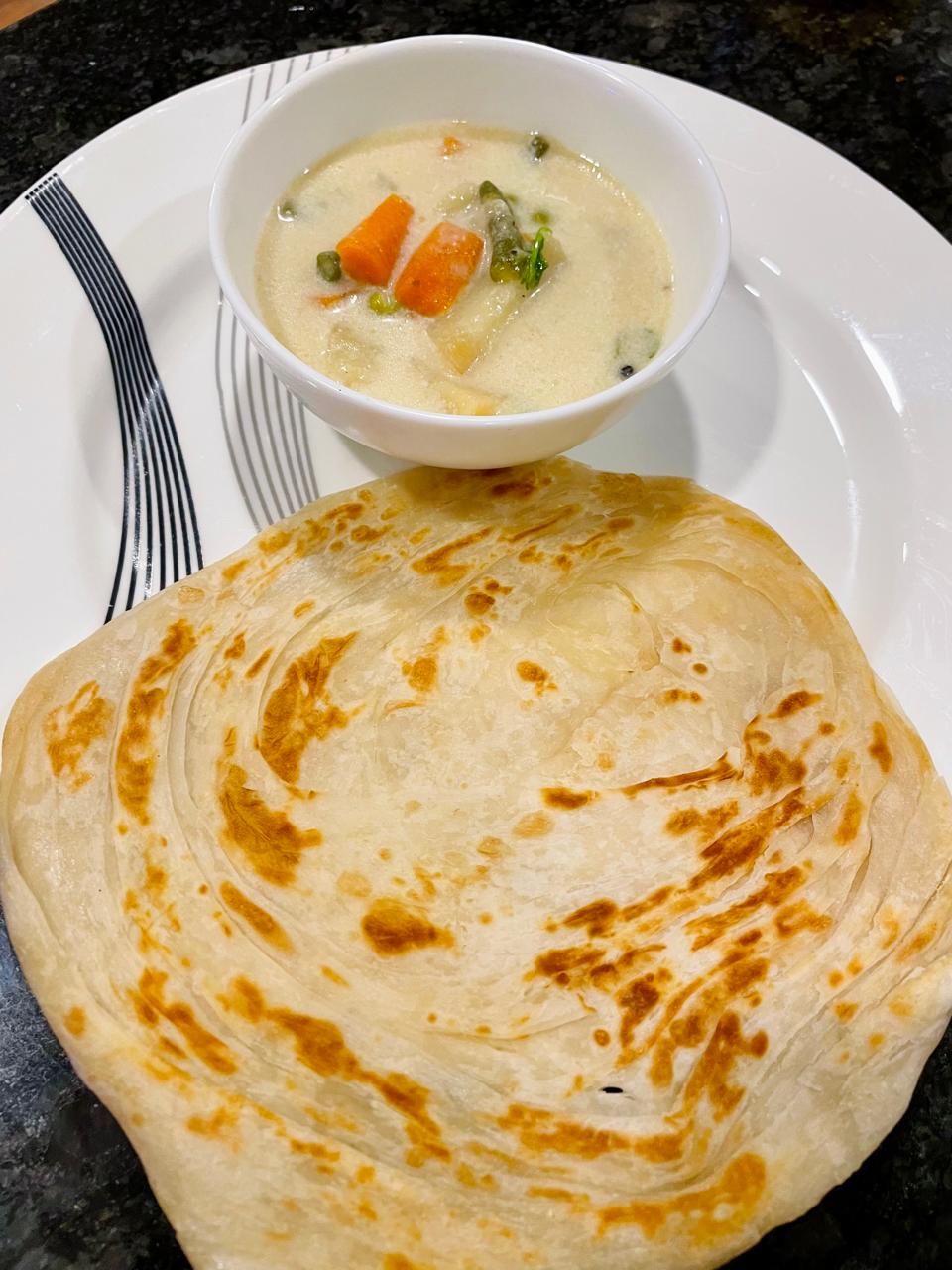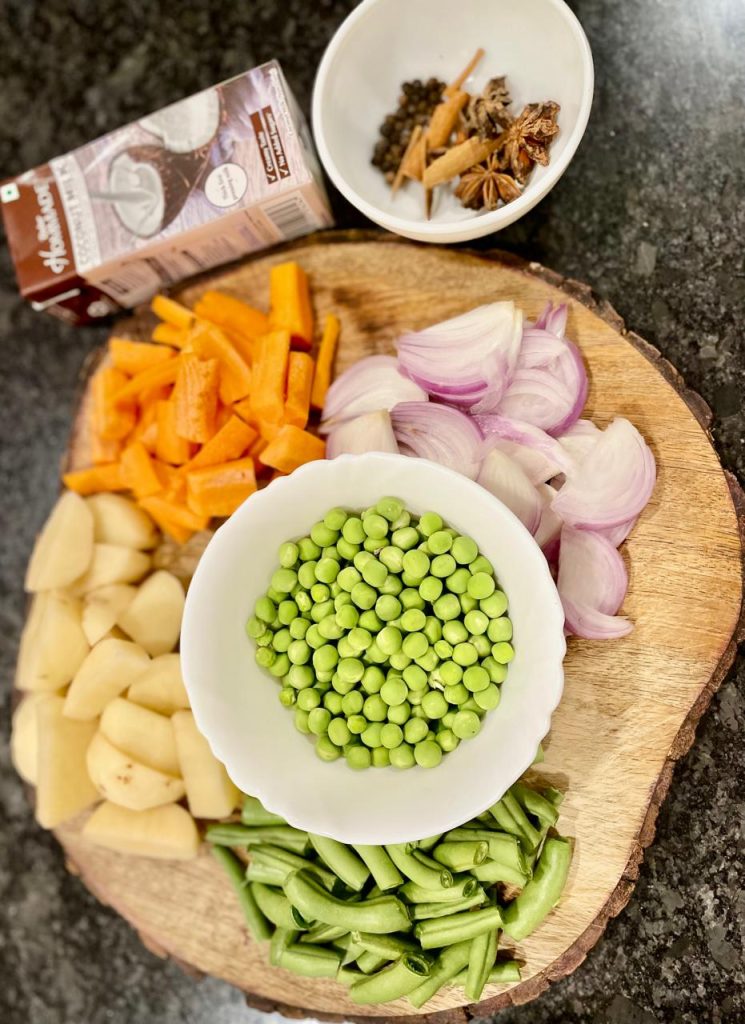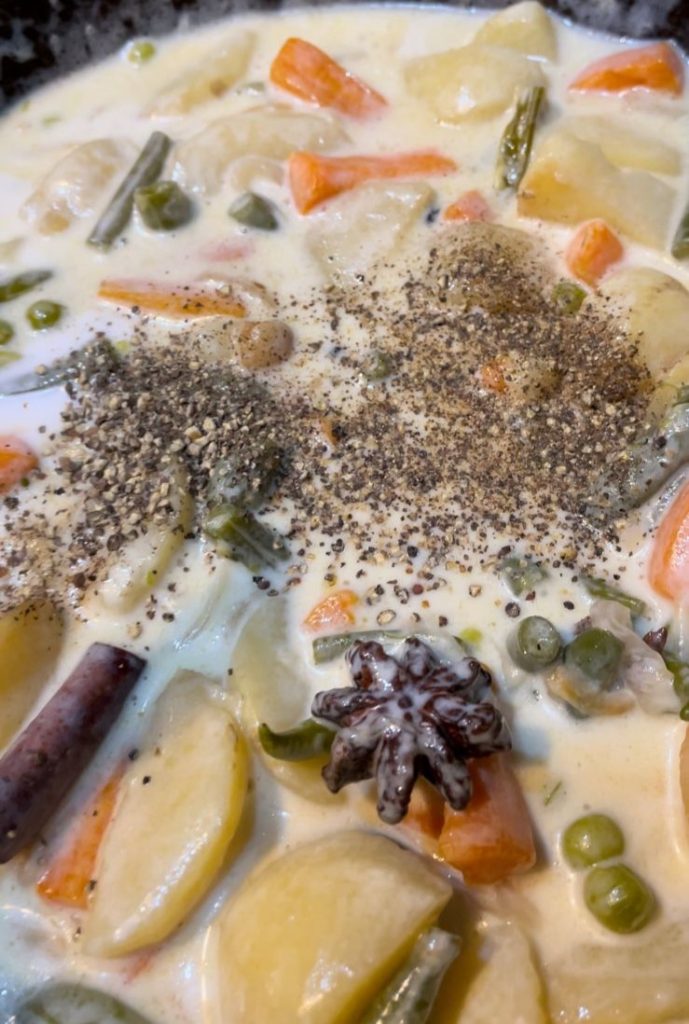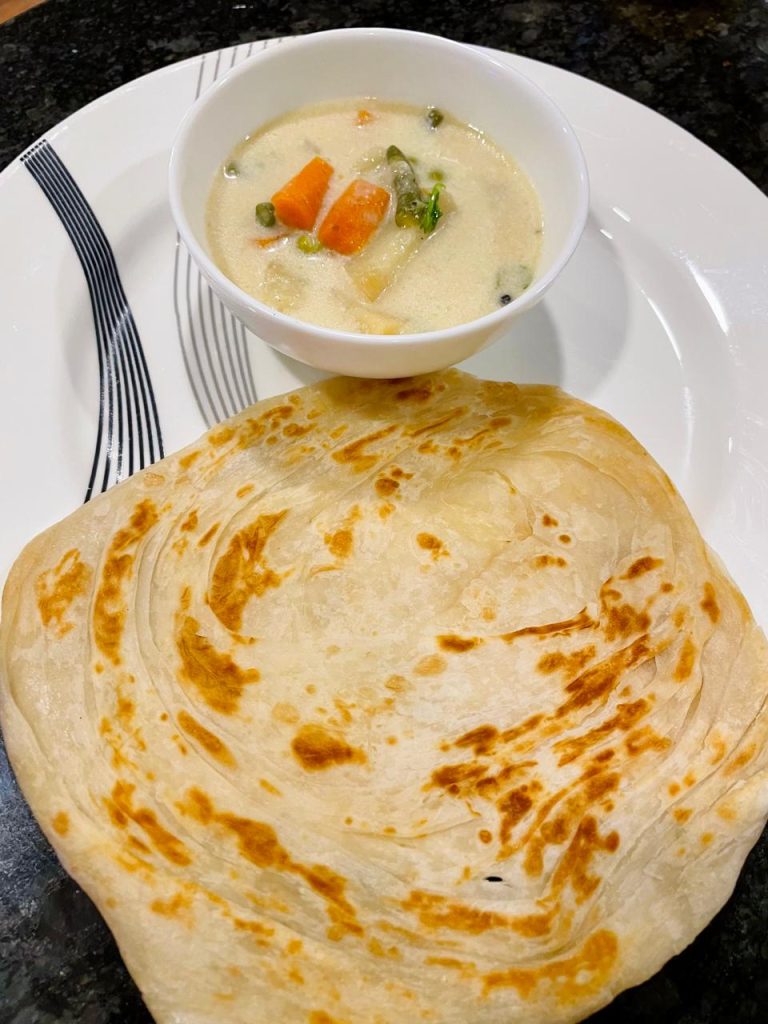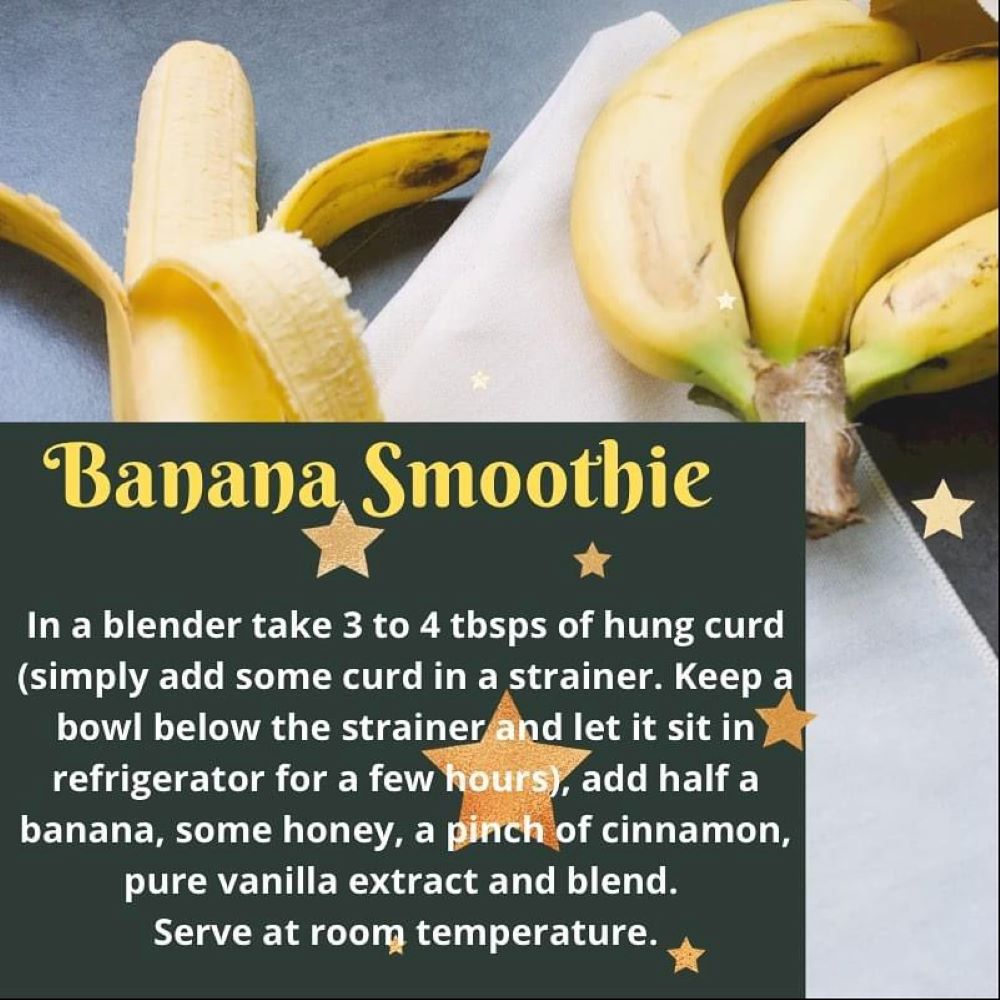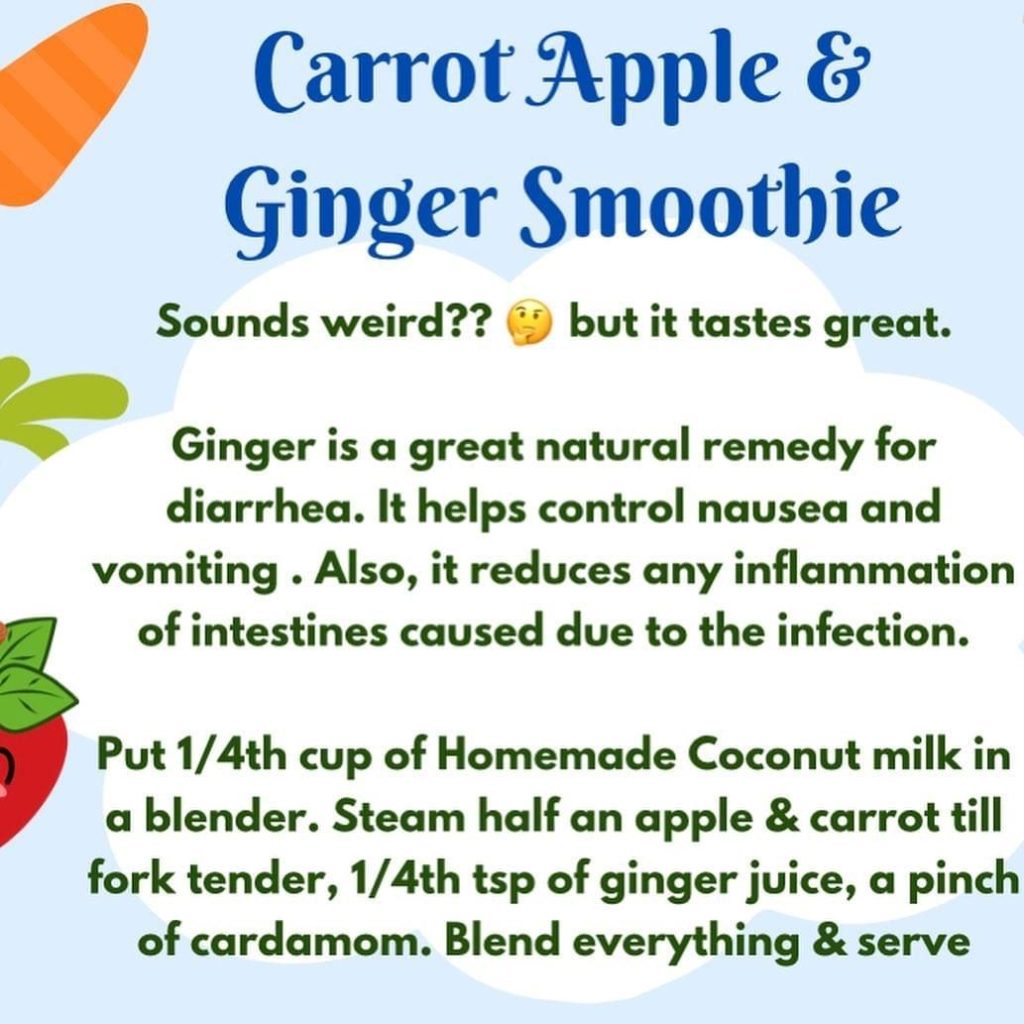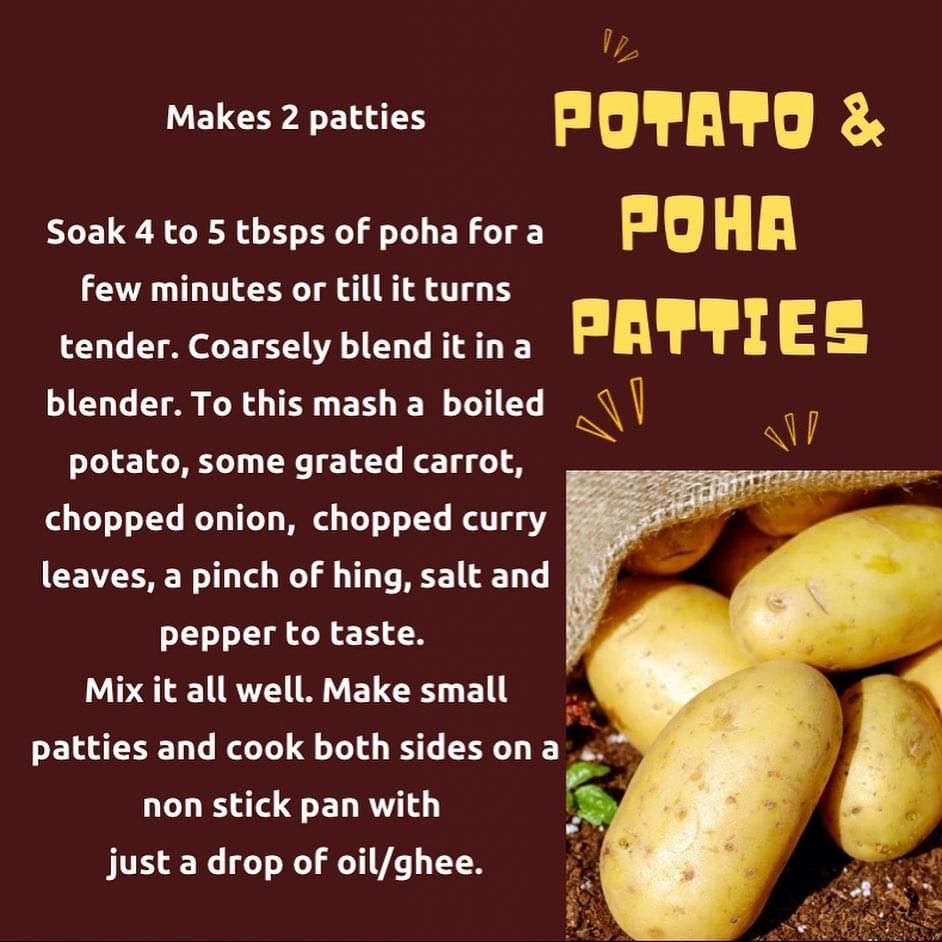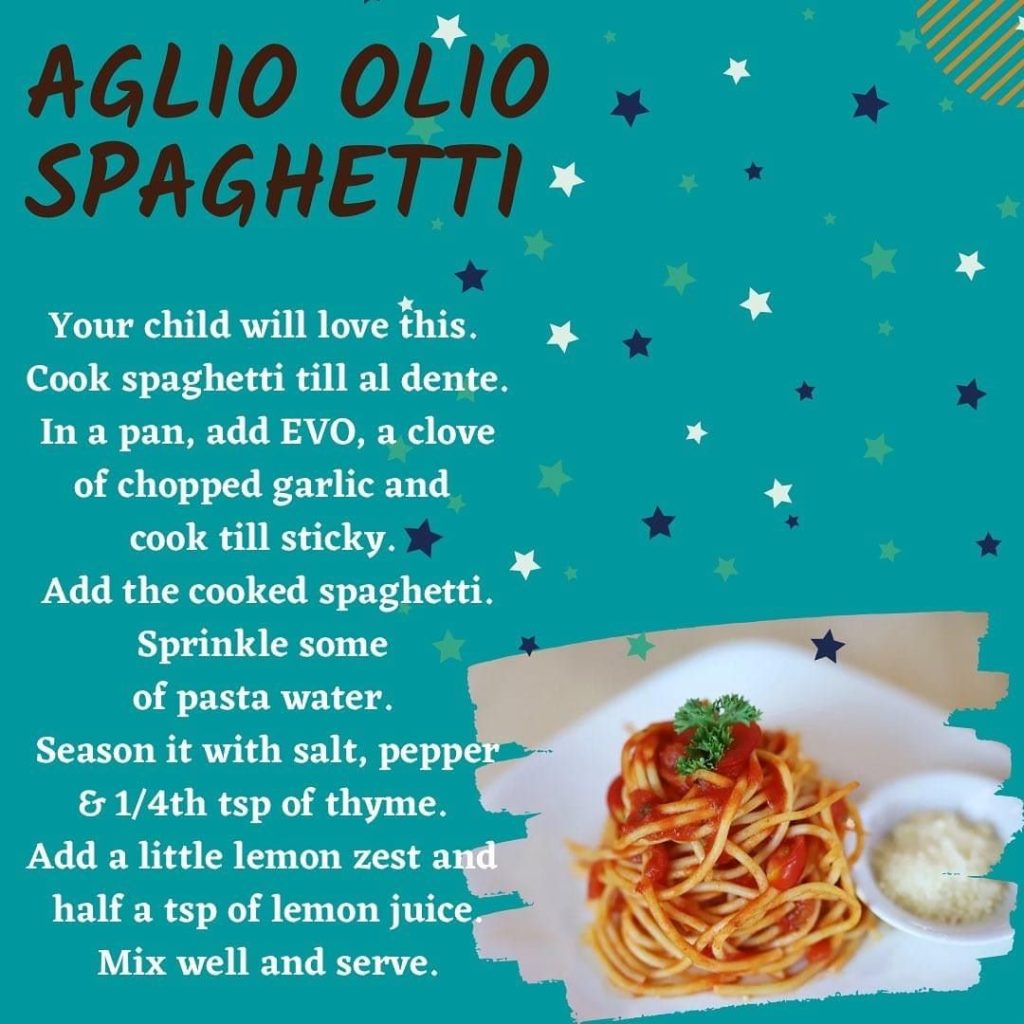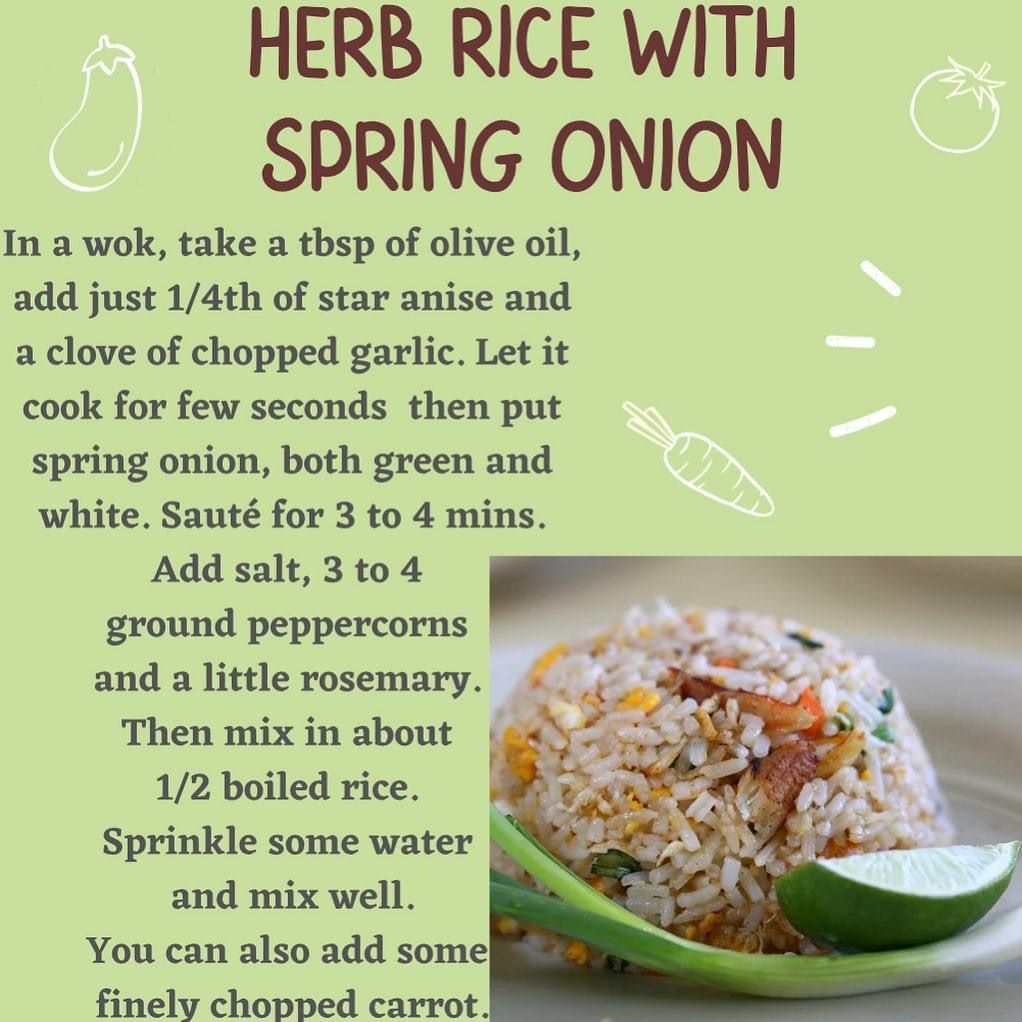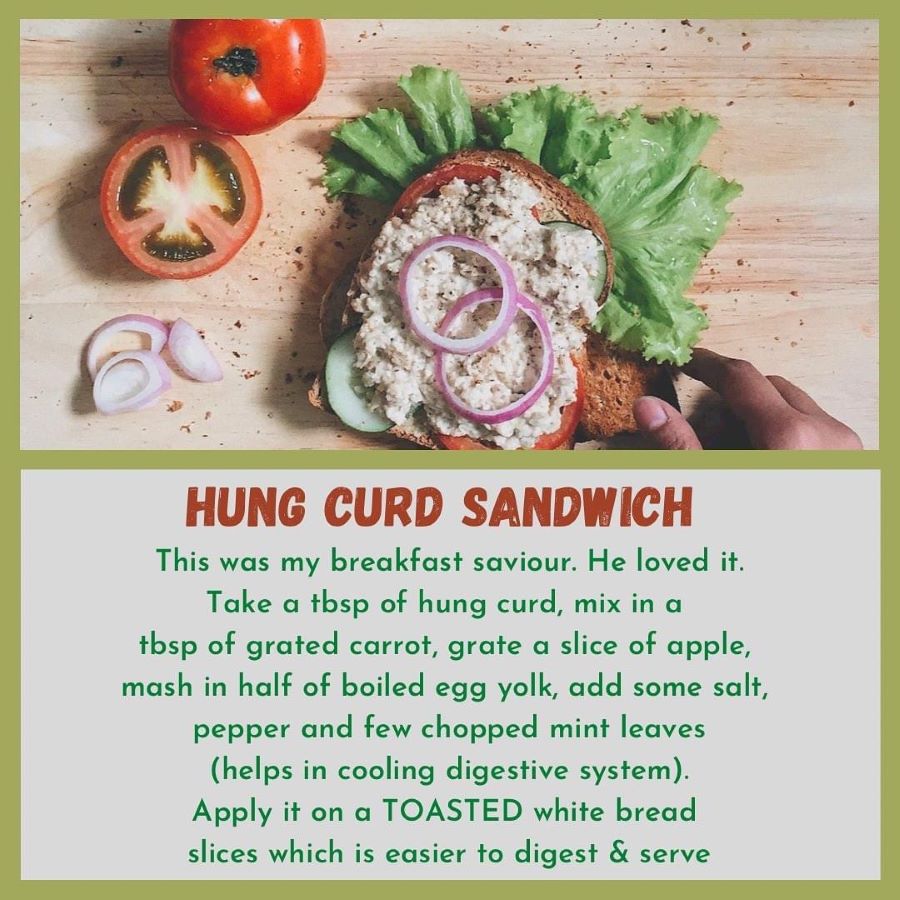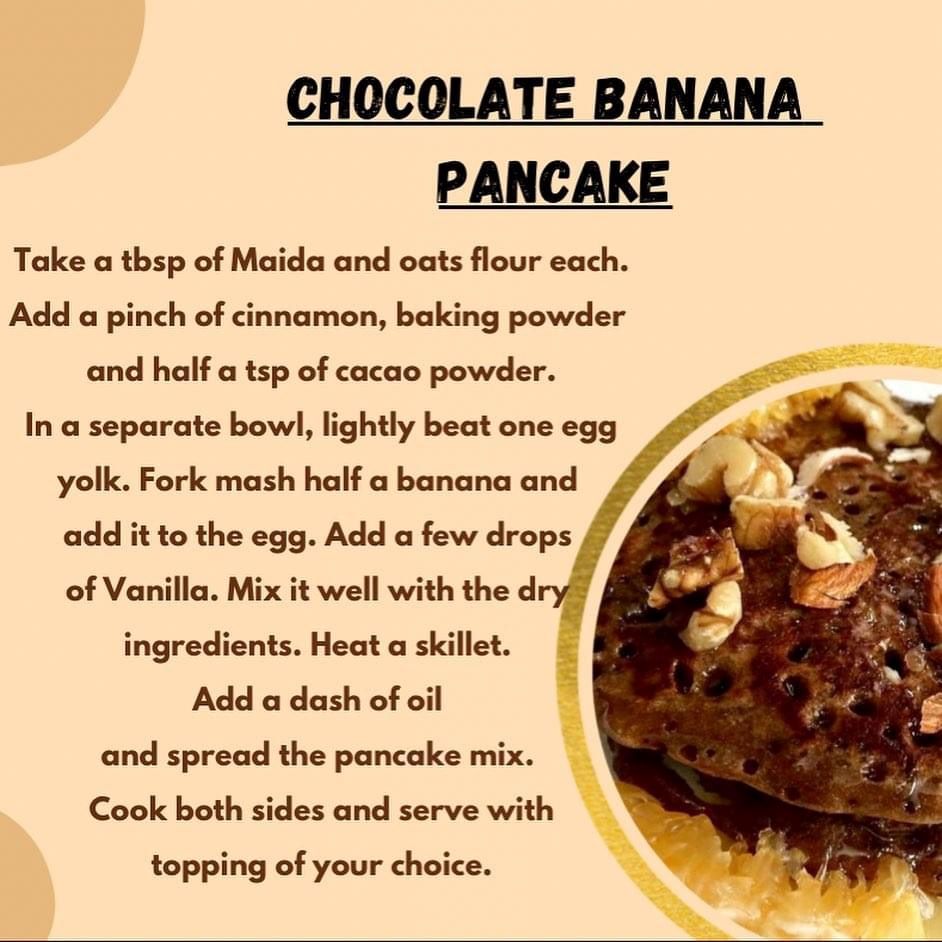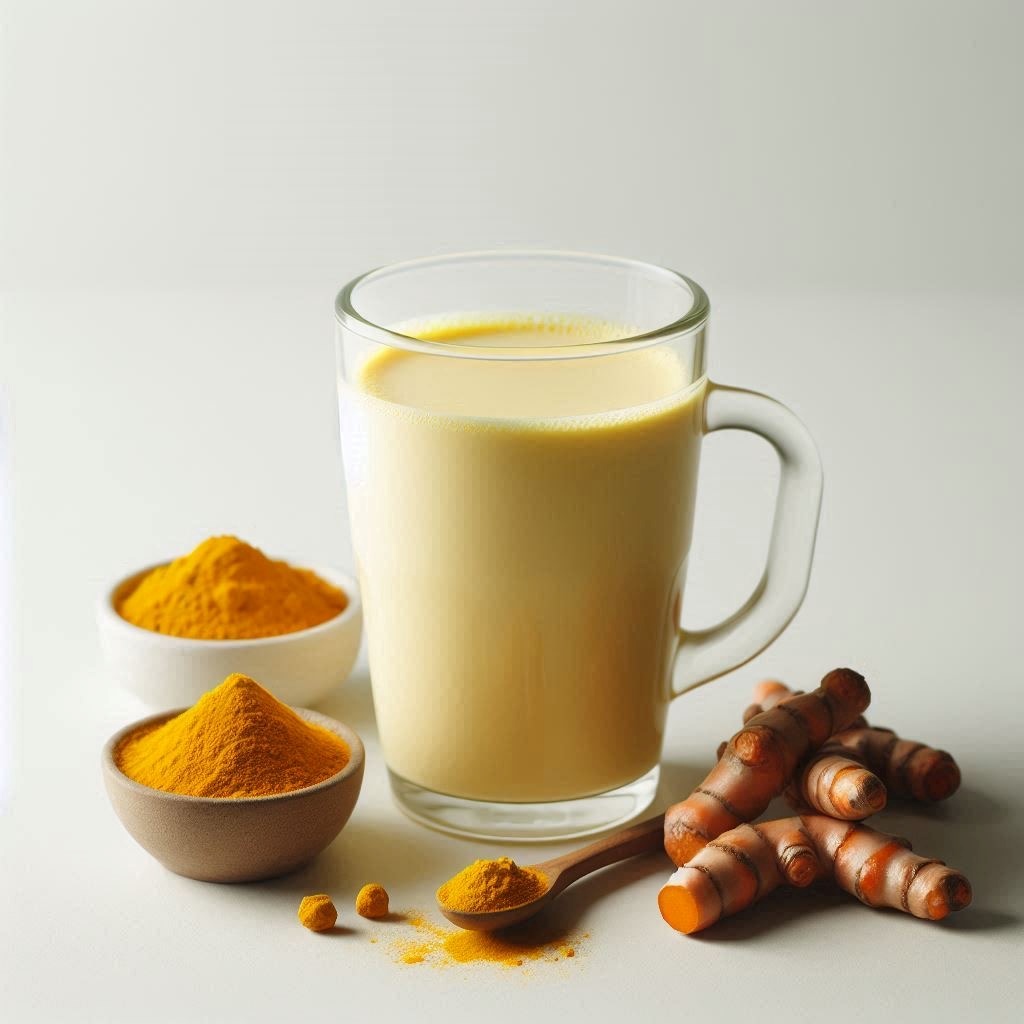
We Indians are so well familiar with turmeric spice. Turmeric is so commonly used in India that you will find it in every spice box in a typical Indian household. Rarely you will find an Indian recipe prepared without a dash of turmeric, be it your vegetables or dal preparation.
Growing up this spice used to be an answer to all our health and skin related issues in our grandmother’s book of wellness. Whenever you fell sick or got injured, your mother or grandmother was quick to force this liquid gold aka Haldi Dhood down your throat. Whether you had chronic cold, cough or stomach related problems, turmeric was antidote to everything. Now, as adults we do realize why our elders did what they did- the science behind their humble wisdom. What was once something our mothers and grandmothers coaxed us into gulping down, has become an international health phenomenon—and all the “golden milk” “turmeric latte” available in every cafe nowadays only reinforce the fact.

This spice provides innumerable benefits by itself but mix it with milk, and its benefits are doubled. Turmeric mixed with milk is a perfect bedtime drink that helps to reduce inflammation, poor immunity and disturbed sleep patterns.
Below are all the reasons as to why turmeric milk should be part of your health depository.
- May help fight cancer: Studies indicate that turmeric may offer some protection against cancer.
- Strong Bones: Nutrients in turmeric milk contribute to a strong skeleton, reducing your risk of bone diseases, such as osteopenia and osteoporosis.
- Reduces inflammation and joint pains: There hero component in turmeric in curcumin. It has strong antioxidants properties which helps to reduce inflammation in the body. Inflammation is a root cause of all the diseases. Having anti-inflammatory foods such as turmeric regularly can greatly reduce that risk. Also, it can help ease joint pains. Hence, it is extremely useful for people suffering from arthritis.
- Helps in Cough and Cold: Consuming a glass of turmeric milk at night is the norm for most growing Indian kids, as this concoction not only provides relief from sniffles and coughs, but also protects against further infections. In fact, turmeric milk has an immediate effect on colds and coughs, as it removes excess phlegm from the body. If you are experiencing a sinus headache, a cup of turmeric milk might provide relief, as it eases mucus flow and promotes sinus drainage.
- Skin Benefits: Curcumin in turmeric has anti-bacterial and anti-inflammatory properties which will help in acne and clarifying the complexion. Traditionally, a glass of turmeric milk was given to brides-to-be to add glow to their complexion. For long, turmeric has been a key ingredient in skin care DIY routine for radiant and glowing skin. Turmeric mixed with fresh cream when applied as a mask on face gives an instant glow.
- Induces better sleep: Turmeric milk when combined with saffron was granny’s one of the many remedies to treat insomnia. Dairy foods contain tryptophan, magnesium and zinc, which are essential for serotonin and melatonin production but its bioavailability is limited. When combined with curcumin, it is a game changer.
Let’s see the correct way of making Turmeric Milk
The main compound in turmeric is curcumin. It makes up about 5% of turmeric. Our liver gets rid of foreign substances by making them water-soluble so that they can be excreted. That is where the role of black pepper comes. Black pepper contains piperine, which naturally helps inhibit drug metabolism. So, when the liver excretes curcumin, piperine can inhibit this process so that curcumin is not excreted. This explains how piperine can help to make curcumin more bioavailable. Research has found that consuming just 20mg of piperine per 2g of turmeric can increase curcumin absorption by up to 2000%. Hence, if you want all the benefits of turmeric milk, do not forget to add black pepper to it.
Recipe: For 1 cup
Ingredients
- A2 Cow’s Milk- 1 cup
- Turmeric Root: 1/2 inch
- Black pepper corns: 2
- Cardamom: 1
- Saffron: few strands
- Jaggery: 1 tsp or as per taste
Instructions
- In a mortar pestle, add turmeric root, black peppercorns and cardamom. Bruise it a little.
- Now in a pan add milk, saffron strands and turmeric mix. Allow the milk to boil.
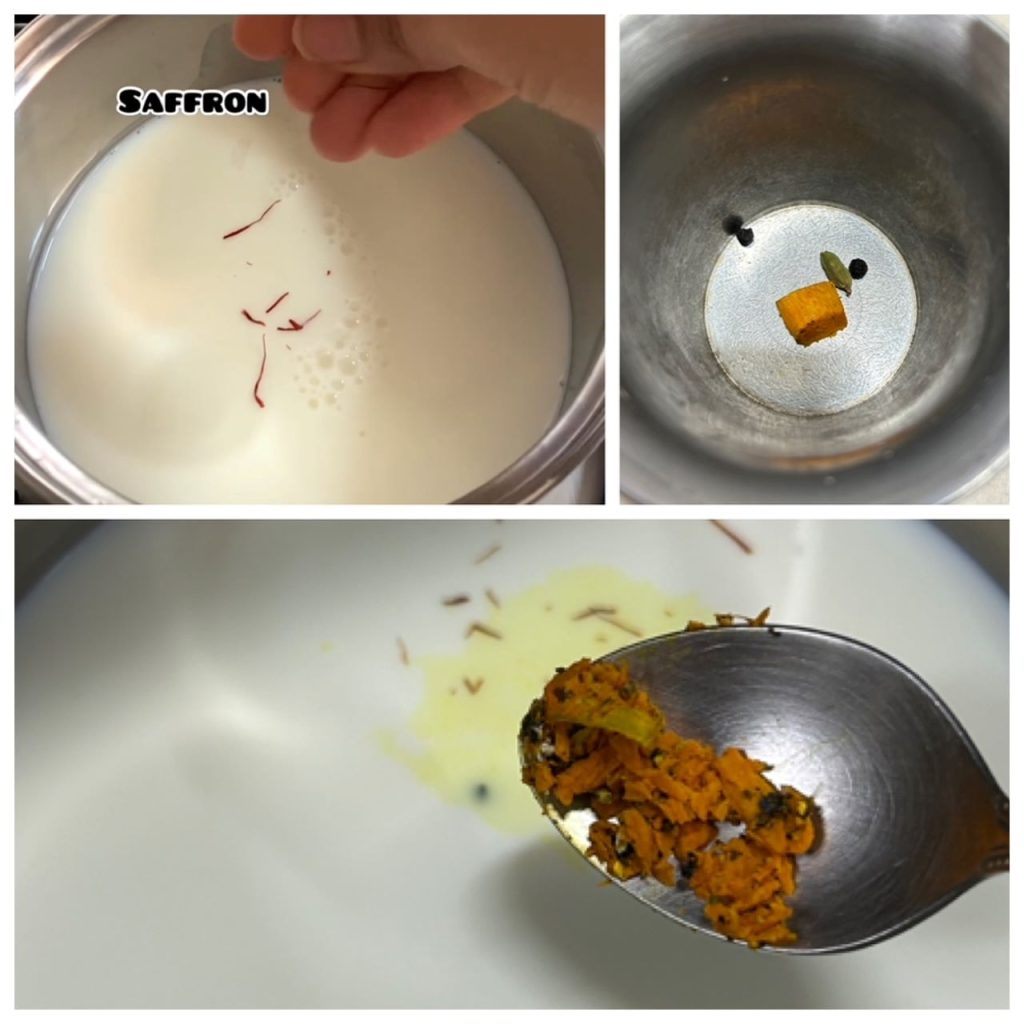
- Then add jaggery powder and allow the milk to simmer for 2 minutes. Switch off the flame.

- Cover and let the milk rest for 5 minutes. Sieve and serve warm.
Notes:
- Cardamom is added because it helps in digestion. It also helps to induce sleep and relieve stress or anxiety.
- Saffron is added to help boost immunity and memory. It also helps to improve sleep quality and protects against flu.
- You can use natural sweetener of your choice. Mishri (rock sugar) or coconut sugar works well too.
- Go for A 2 raw cow’s milk instead of pasteurized milk that comes in a packet or a carton. You can boil the raw milk before using it in turmeric milk.
- You can add other spices too like ceylon cinnamon or dry ginger powder.
I hope this recipe and information helped you. Do let us know how haldi dhood is prepared at your home. If you have any questions do let us know in the comments. We would love to hear from you. Stay happy and healthy! 🙂






